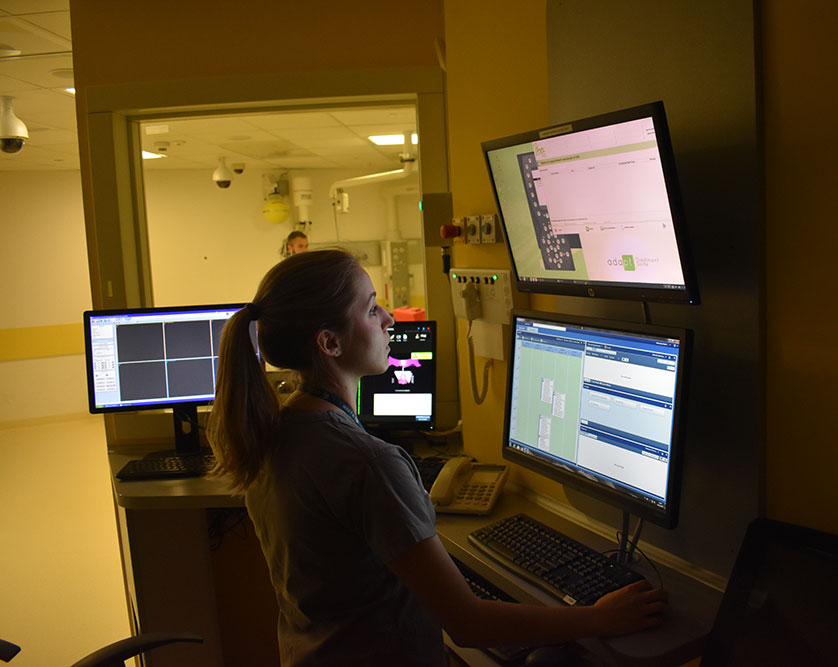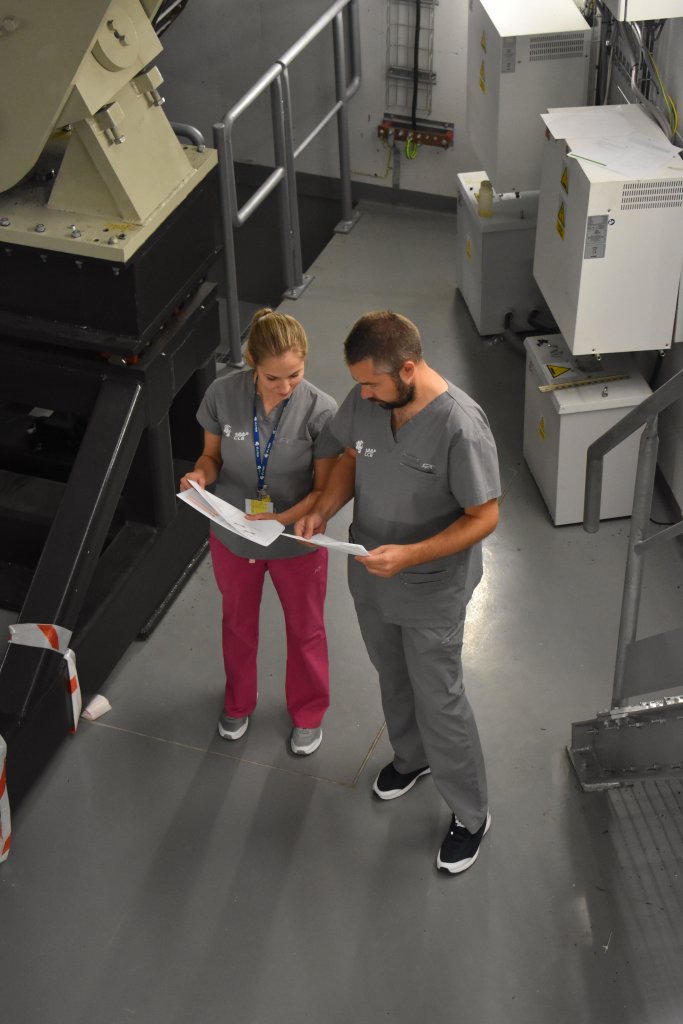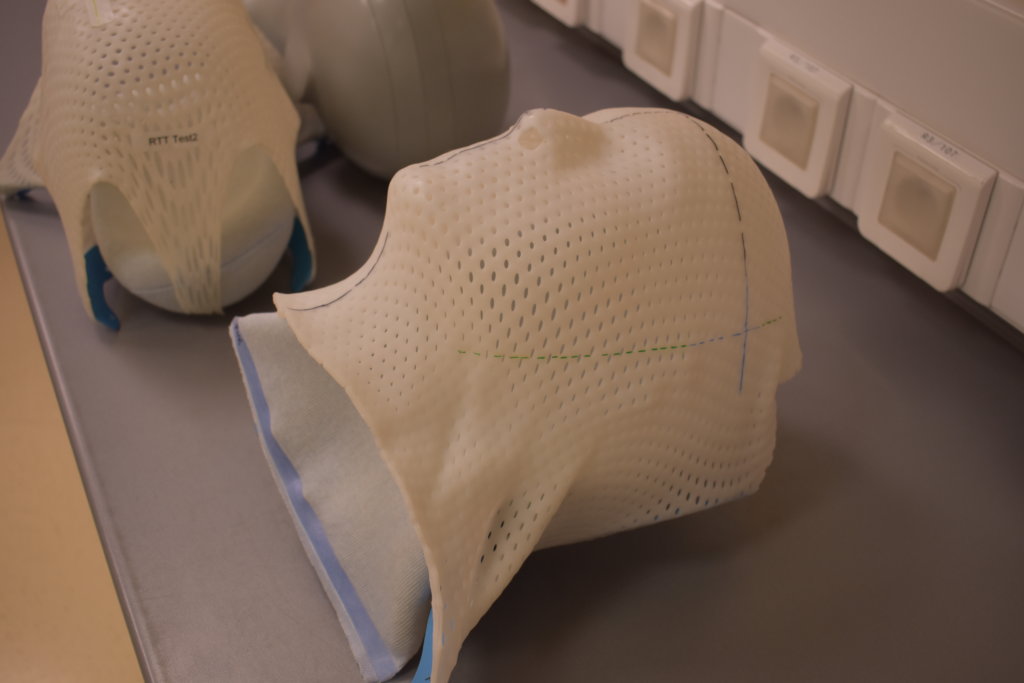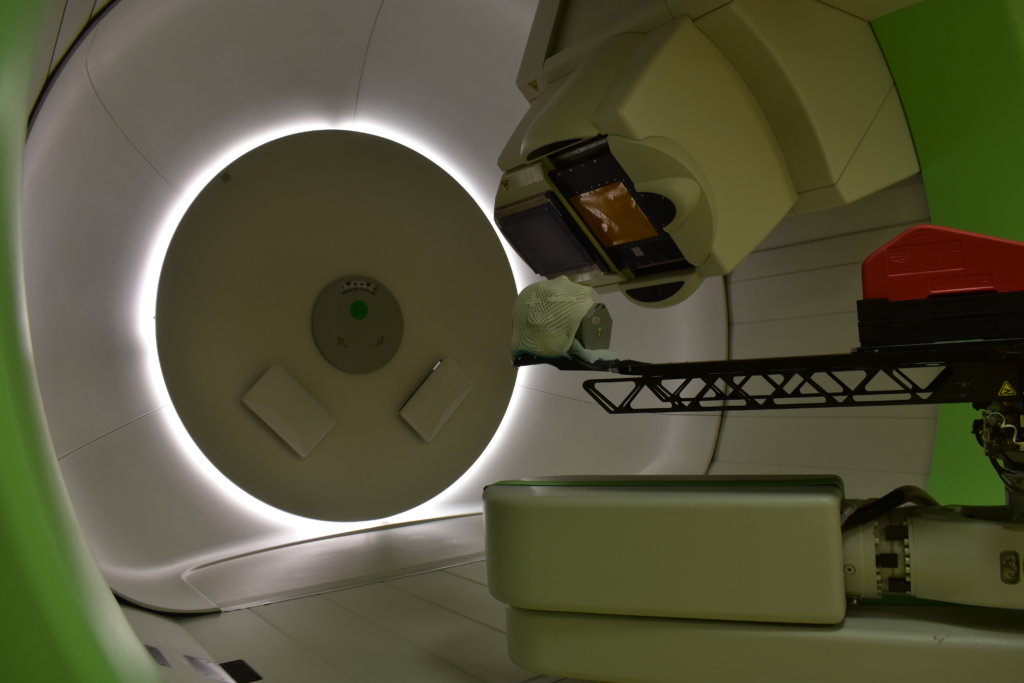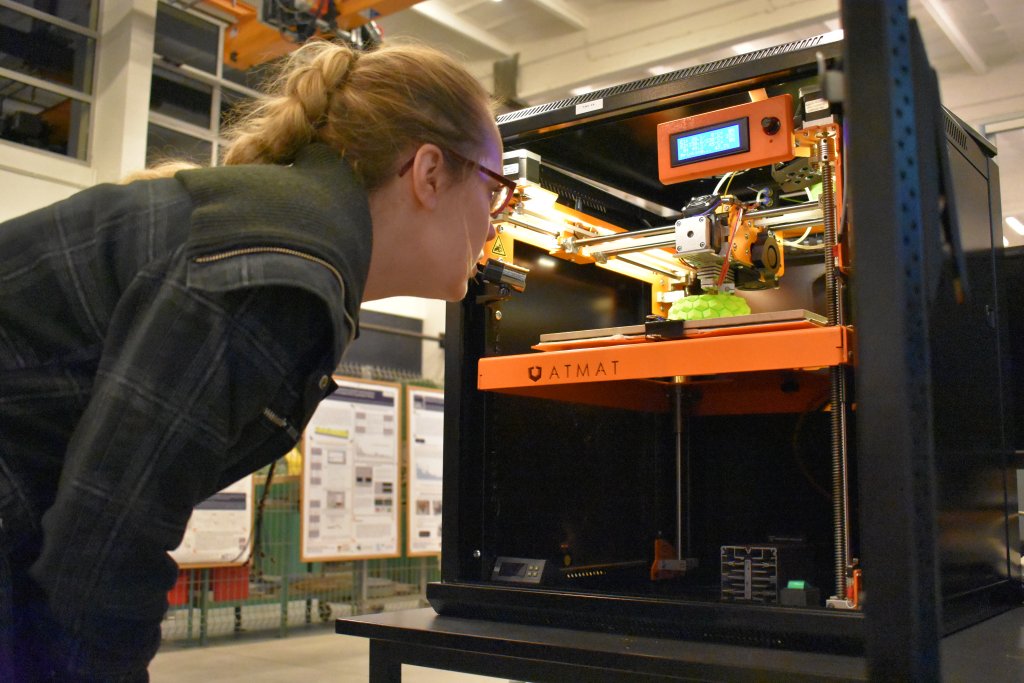Multi-scale modeling makes it possible to predict the efficacy and side effects of treatment by including basic cellour and chemical effects of radiation. Simulations of the interaction of radiation with matter may lead to clinical optimalization of the proton therapy. The applied Monte-Carlo methods deliver the spatial distribution of radiation doses and a spectrum of parameters describing the quality of radiation beams.
New proton therapy techniques are in preparation. Narrow, separated proton beams decrease complications after radiation therapy.
3D printing technology has been rapidly growing in the recent years. 3D printing has also been used recently in radiotherapy to produce individualized phantoms, boluses or compensators. Within the INSPIRE project we develop 3D printing, testing and implementation of patient-specific compensators for proton radiotherapy, to improve the quality of treatment and minimize healthy tissues exposure.


